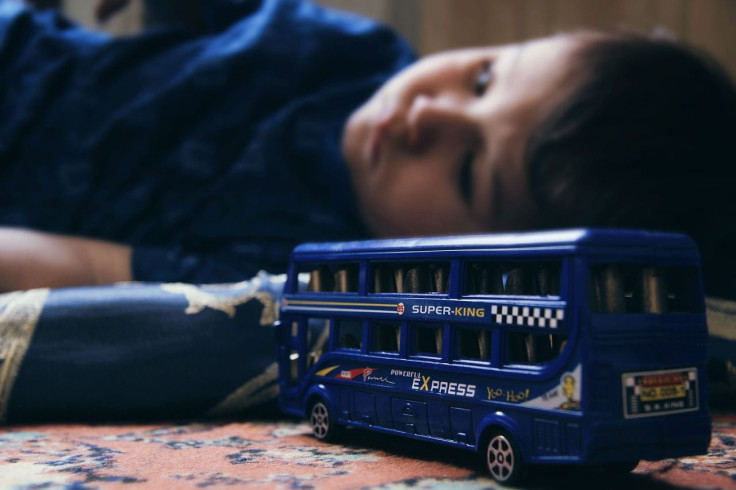National Love Our Children Day 2021: The Most Common Mental Health Disorders Faced By Children
There are many issues children are faced with. These include education, nutrition, child abuse and psychological disorders. Since the country's future depends on how the children are raised, stricter measures are required to ensure their overall wellbeing. Parents and adults, in general, should work hand in hand to create a better world for them.
National Love Our Children Day, which is observed on April 3 every year, encourages people to look into the issues affecting children down to the smallest of details and make every possible effort to address them.
One of the hardest challenges a parent can ever encounter is identifying whether their child's mental health is threatened. Children are vulnerable and it is the parents' responsibility to recognize the warning signs, so they can take the necessary actions as early as possible.
To keep parents informed, here are some of the most prevalent mental health disorders seen in young children and how to recognize them.
Anxiety Disorder
Anxiety stems from the fear of defeat or stress caused by some social situations. Children with anxiety disorder are likely to have delays in developing age-appropriate thinking.
Attention-deficit/Dyperactivity Disorder (ADHD)
ADHD is the most commonly reported mental health condition among young children. The problem poses a significant threat to a child's mental development and can persist up to their adulthood. Children with ADHD are likely to have a hard time paying attention, may act without thinking or be overly active.
Post-traumatic Stress Disorder (PTSD)
A child can develop PTSD after witnessing a traumatic event or suffering abuse at the hands of an adult. A child with PTSD experiences prolonged anxiety and nightmares in the wake of the mental condition and oftentimes displays disruptive behavior.
Common PTSD symptoms include:
- Appearing sad for weeks
- Being withdrawn from the real world
- Becoming suicidal
- Having fiery outbursts of being irritable
- Having sleepless nights
- Struggling to concentrate
- Losing appetite
- Having regular mood swings
- Having frequent headaches
If parents suspect that their child is suffering from any of these conditions, they should consult a professional.























